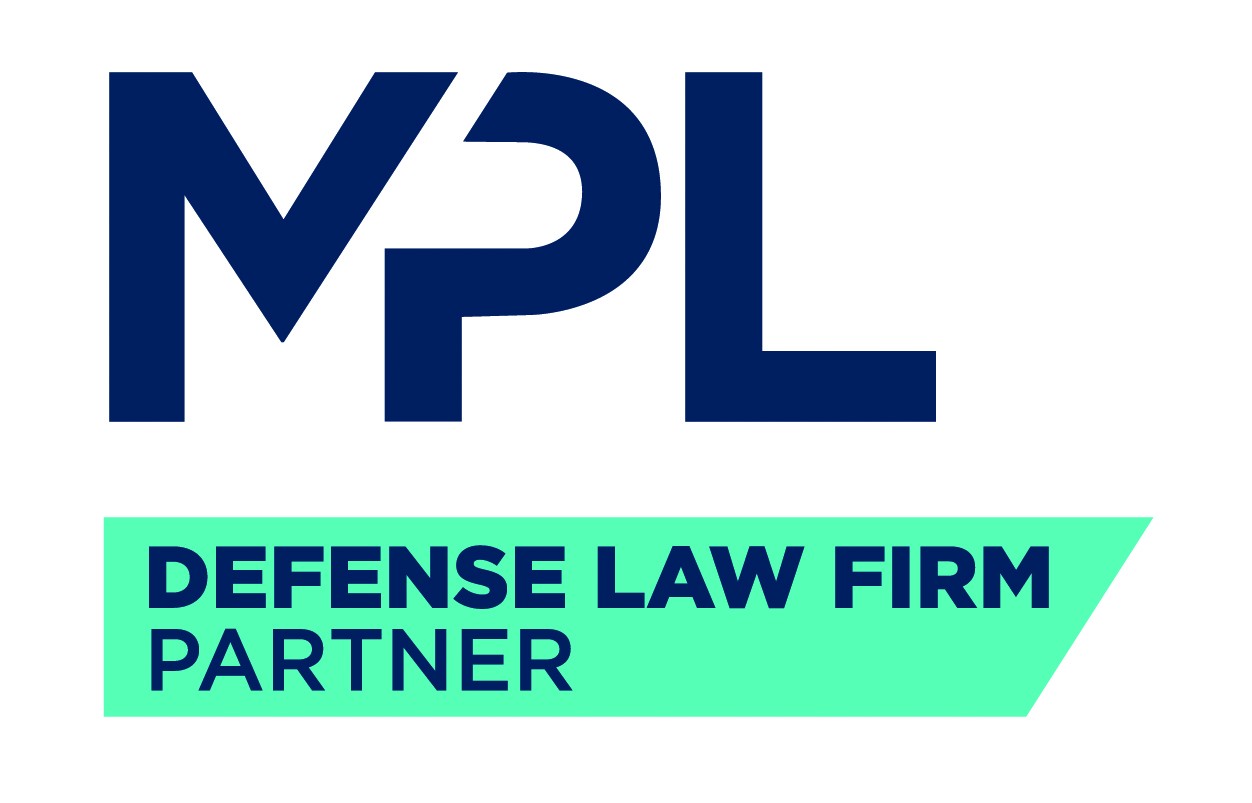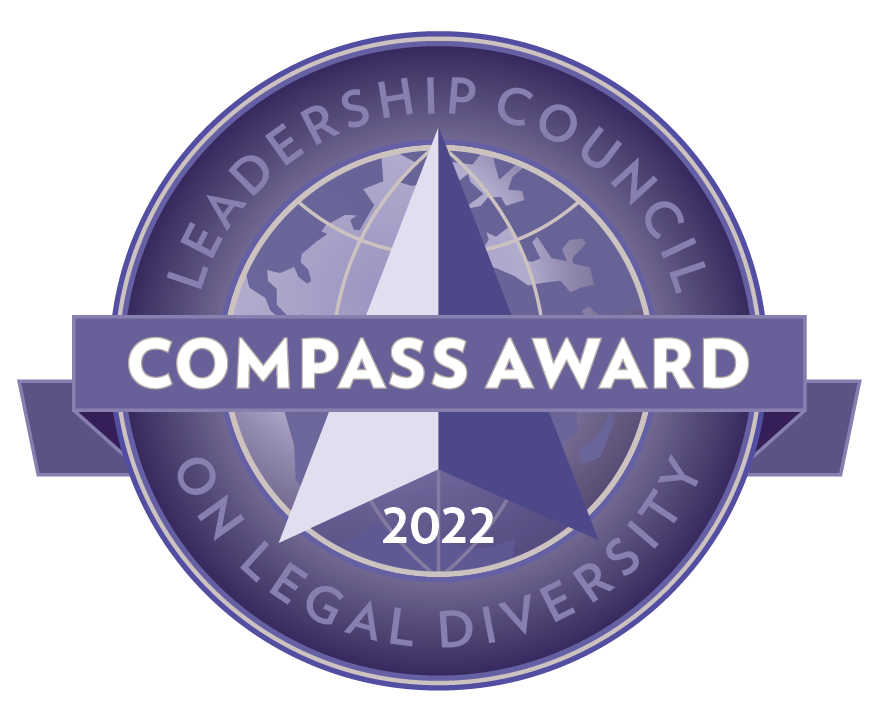Government Contracts Monitor
Intellectual Property Rights
April 10, 2019
The Supreme Court recently granted a petition for writ of certiorari over (that is, agreed to review) an Eight Circuit decision involving Exemption 4 of the Freedom of Information Act (“FOIA”). What is Exemption 4? It is the exemption that protects from public disclosure “trade secrets and commercial or financial information obtained from a person and privileged or confidential.” Why is this…
March 21, 2016
On March 11, 2016, the Office of Management and Budget (OMB) published a Federal Register notice seeking public comment on a draft memorandum entitled, “Federal Source Code Policy — Achieving Efficiency, Transparency, and Innovation through Reusable and Open Source Software.’’ The notice explains that the Administration’s Second Open Government National Action Plan committed to adopting a…
May 11, 2015
Terry Jacobs stole trade secrets from his prior employer, Lambda Research, and was ordered to pay $9.4 million in damages when Lambda sued him. The story doesn’t end there. Two months later, Jacobs sued Lambda under the False Claims Act, alleging that his former employer had defrauded the Navy. The timing is suspect, n’est-ce pas? The trial court, understandably concerned…
November 11, 2014
The performance of Government contracts often requires the use of contractors’ preexisting data. Your rights in this data are frequently very valuable – sometimes even indispensable to your continued existence. It should come as no surprise, therefore, that when submitting a proposal for a government contract it is crucial that you understand and articulate your rights and those of the…
October 28, 2014
Many companies licensing software to federal agencies have been frustrated by their government customers’ apparent inability to effectively manage their licensing efforts. Too often agencies either: (i) buy more licenses that they need and later ask for rebates or concessions because they “didn’t use the software”; or (ii) purchase too few licenses and exceed licensed usage limits, triggering a…
March 11, 2014
Contractors should be aware of two Rules recently adopted by DOD – both effective February 28, 2014. First, DOD adopted a final rule implementing statutory amendments enhancing whistleblower protections for contractor and subcontractor employees. Second, DOD issued an interim rule allowing its litigation support contractors access to a broad range of “litigation information,” including…
September 23, 2013
In a recent case, the Government Accountability Office (GAO) considered – and quickly dismissed – a protest of RFP terms alleging that they infringed the protester’s intellectual property rights. Controlled FORCE, Inc. B-408853 (Comp. Gen. Sept. 18, 2013) involved a Navy RFP for security guard services at Navy installations. Protester argued that the Navy “is violating intellectual property…
April 9, 2012
Last June, the United States Supreme Court made clear in Board of Trustees of the Leland Stanford Junior University v. Roche Molecular Systems, Inc., 131 S. Ct. 2188 (2011), that the Bayh-Dole Act does not automatically vest ownership to an invention discovered with the aid of federal funding in the hands of a federal contractor, in that case, a university. (Click here to read Jackson…
|
|











